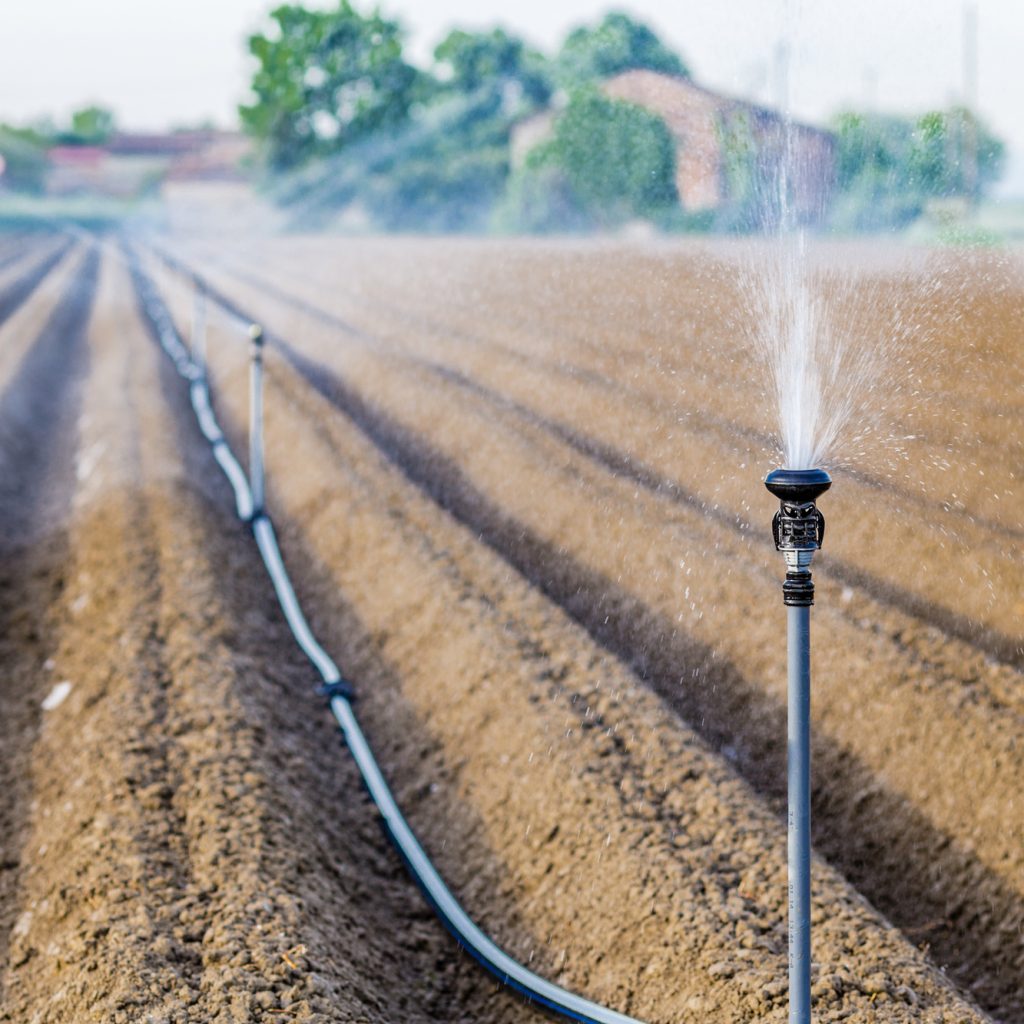(Sustainabilityenvironment.com) – Water shortage is one of the biggest problems of our time, affecting on the environment and hitting agriculture. As always research, innovation and technology give a hand by proposing some solutions. This time ENEA and the University of Bologna, together with Hera Group and Irretec, have developed a technologically advanced prototype capable of purifying wastewater and then using it to irrigate and fertilize cultivated fields.
The project has very interesting potentialities because it allows greater availability of water and nutrient intake, reduction of chemical fertilizers, environmental sustainability and quality of the purification chain.
Circular economy and energy optimization
This innovative project, included in Value Ce-IN project, founded by Emilia-Romagna region and the Development and Cohesion Fund, will be officially presented on 22 March on the occasion of the World Water Day. The Value Ce-IN project (VALorizzazione di acque reflUE) valorization of wastewater and sludge in the perspective of circular economy and industrial symbiosis has the purpose to optimize the entire value chain of municipal and industrial wastewater treatment with a view to circular economy, energetic optimization and the creation of new business models.
Read also Banca Nazionale delle Terre Agricole, new auction for agricultural land
The demonstrative prototype was realized at the purification plant of Hera group in Cesena and it was tested on an experimental field with 120 crops including 66 peach plants and 54 industrial tomatoes. The results obtained at the end of the experimental phase confirm the quality of the purified water for agricultural purposes.
Drought, a disaster for agriculture
In Italy, the withdrawals of freshwater for agricultural use represent about 50% of the total water requirement. According to the findings of the Po River District Authority’s Permanent Observatory on water crisis, drought in the Po basin threatens a third of national agricultural production.
The size of the Po has decreased by 40% and the tributaries by 60%: this condition makes us fear for the damages to the quantity and quality of crops, confirming the fact that drought is one of the disasters that afflict agriculture together with climate changes. The results of the industrial research highlight the feasibility of circular economy practices and industrial symbiosis favor the conversion of sewage treatment plants into real biorefineries.
From these industries is possible to recover the primary water resource, secondary products with high added value, such as soil improvers and fertilizers able to ensure nutrient intake, including nitrogen, phoshorus and potassium, and reduce the use of synthetic chemical fertilizers.
An unconventional and safe water source
The project manager Luigi Petta, head of the ENEA Laboratory of technologies for the efficient use and management of water and wastewater, explains that «the results obtained within the project could supported the application of the prototype scheme to all sewage treatment plants and the reuse practices to the benefit of all stakeholder in the chain – from plant operators to reclamation consortia up to the field of automation, control and measurement – with the aim of guaranteeing an unconventional and safe source and at the same time providing a nutrient supply to crops, in line with the new community guidelines in force since 2023».
«The research conducted has highlighted the elevated potential of the reuse of fertirriguo from depurated waters, both in quantitative and nutritive terms, exploiting technologies and smart materials that allow to manage the irrigation and the precision fertilization.
A Sustainable practice
The verification on the effect from the direct reuse of secondary and tertiary effluents on the “soil-plant” system has shown the security and sustainability of this practice», underline Attilio Toscano, Professor of Agricultural Hydraulics and coordinator of the experimental activities conductedby CIRI FRAME (Centro Interdipartimentale di Ricerca Industriale Fonti Rinnovabili, Ambiente, Mare ed Energia) Interdepartmental Center for Industrial Research Renewable Sources, Environment, Sea and Energy of the University of Bologna.
«The strategies of the Group Hera point toward more efficient uses of the resources, with reduced consumption, solution for circularity and reuse», highlights Susanna Zucchelli, Water Director of Hera Group.
Moreover,«the Cesena water treatment plant is a concrete example of circular economy in the water cycle, both in terms of a tangible and safe possibility to reuse the sewage water for agricultural purposes, both for the enhancement and the recovery of secondary products from sewage sludge».
